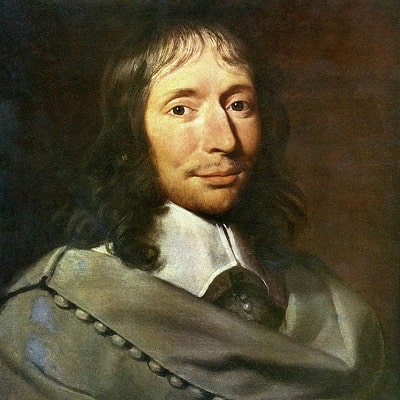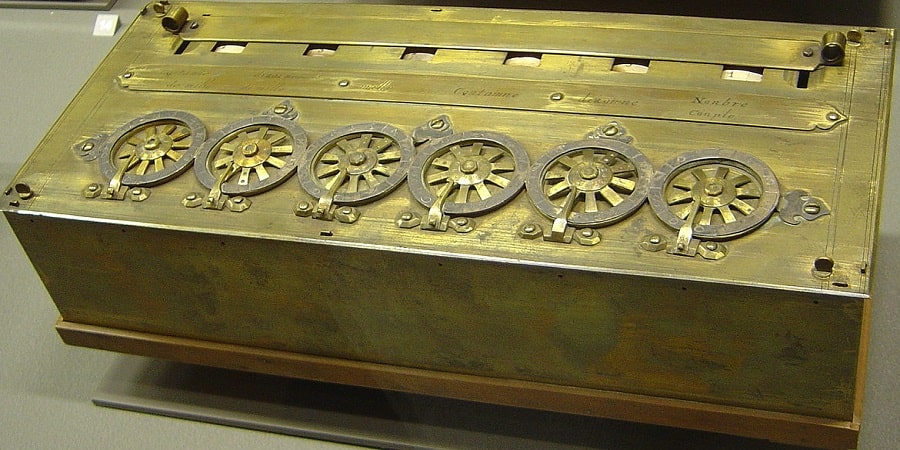
Four of the world famous minions of Fortune
In the minds of most people, gambling is an absolutely empty and unprofitable pastime. However, few people know how much gambling has influenced the path of development of mankind, due to the fascination of great people from among scientists, politicians and writers.
«Bones» of the ancient Greek philosopher
Aristotle (322 BC) – a well-known Greek philosopher, whose works left a significant imprint on the development of religion and science, was once fond of dice. Having ceased to rely entirely on the volatile Fortune, the scientist tried to calculate the chances of a winning combination falling out on the “bones”. The conclusions made by Aristotle were very disappointing for the fans of the game: these chances were extremely low. Subsequently, this experience helped the philosopher to create a fictional world, the most important role in the structure of which was played by chance.
«Pascal’s Wheel»
The physicist, philosopher and mathematician Blaise Pascal, who lived in France in the 17th century, worked on the creation of a perpetual motion machine. A device whose capabilities would surpass the laws of physics – crown this experience with success. With him, Pascal failed, but he became famous, among others, for another invention – the simplest roulette model, which became the progenitor of the Wheel of Fortune, famous throughout the modern world.
The first version of the roulette, with thirty-six numbers without zero, was intended by a talented Frenchman for experiments with the mathematical theory of probability. Which, in turn, originates from attempts to calculate winning combinations for gambling. These attempts were made by Blaise Pascal and Pierre de Fermat in 1654, the result of their calculations was the invention of the theory of probability. And in 1842, Francois Louis Blanc added zero to the so-called “Pascal’s wheel”, having received a modern version of such a widespread roulette wheel of Fortune.

Russian classic in the casino
Fyodor Mikhailovich Dostoevsky, the great Russian writer, rightfully considered one of the strongest psychological prose writers in the history of literature. The works of Fyodor Mikhailovich reveal to the reader the full depth and inconsistency of the human soul through his heroes. The life path of the writer to this day arouses the natural interest of biographers.
However, few people know that the classic for almost his entire life struggled with this “gambling addiction” – a painful addiction to gambling, in particular – to playing roulette. Dostoevsky suffered from epilepsy, for which he was treated in the German city of Wiesbaden. In one of the Wiesbaden casinos, the writer played roulette for the first time and the excitement prevailed over his common sense. Even the system developed by Dostoevsky himself did not help him stop leaving huge sums in the casino.
One of his most brilliant creations, the novel The Gambler, paradoxically, was written to pay off debts that the author-gambler acquired in a casino. In just 26 days, the failed writer created a work full of autobiographical addiction to the adrenaline bestowed by gambling. Thus, Fedor Mikhailovich (although he was not lucky, in the generally accepted sense of the word), nevertheless broke his bank.
Presidential bluff
Despite the many discussions about who is the world’s “king of poker”, the fact that few among the famous politicians could compete in the vision of Richard Nixon – remains undeniable. In part, it was the passion for poker that made the 37th US President one of the most talented and powerful figures on the world political stage of the 20th century.
The first card partner and poker mentor for the future president was his colleague James Stewart, during their service in the Navy during World War II. Richard Nixon had an intuitive ability to “smell a gap in the enemy’s defenses” and achieved a win by deftly using a bluff. Starting capital, as it is now customary to say, politicians managed to accumulate from card winnings. He subsequently invested in organizing a campaign for self-nomination to the US Congress in 1946, after graduating from military service. Already sitting in the presidency, Nixon often associated this or that cunning political move with a poker bluff.
